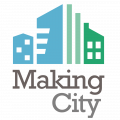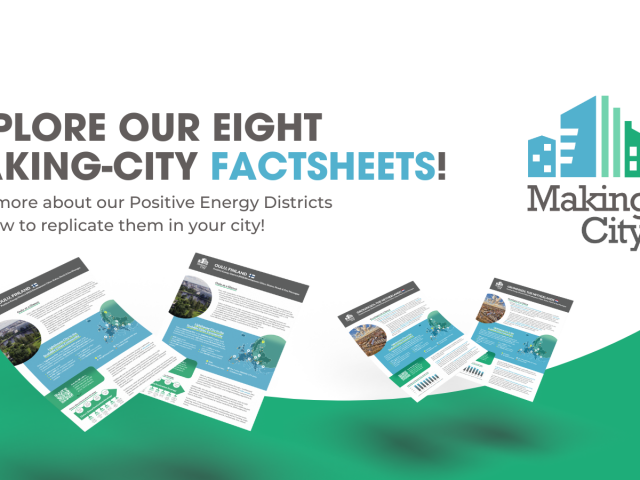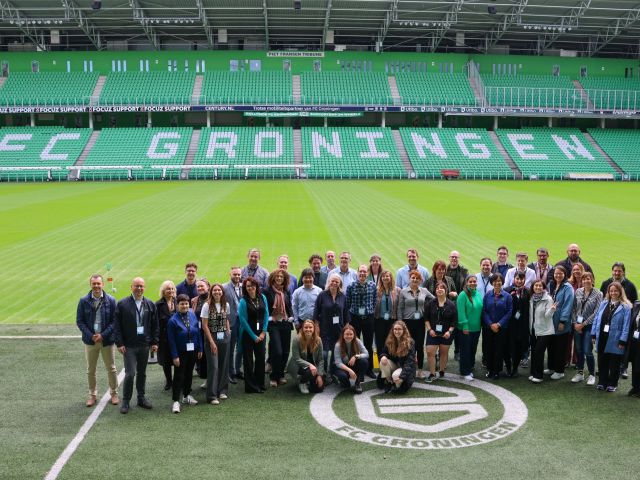A H2020 PROJECT
Coordinated by the CARTIF Foundation, MAKING-CITY is a 72-month Horizon 2020 project launched in December 2018. It aims to address and demonstrate the urban energy system transformation towards smart and low-carbon cities, based on the Positive Energy District (PED) concept. The PED operational models developed in MAKING-CITY will help European and other cities around the world to adopt a long-term City Vision 2050 for energy transition and sustainable urbanisation whilst turning citizens into actors of this transformation.
The PED concept will be tested and validated in two Lighthouse cities: Groningen (Netherlands) and Oulu (Finland). It will be then replicated in 6 Follower cities: Bassano del Grappa (Italy), Kadiköy (Turkey), León (Spain), Lublin (Poland), Trenčín (Slovakia), and Vidin (Bulgaria). The technologies selected to be implemented in the project are mature or already on the market. The PED concept appears as a step beyond the current European building regulations by bringing major structural, societal, economical and technological changes in the cities.
LATEST NEWS & EVENTS
Introducing the MAKING-CITY Toolkit: Your Guide to Creating Positive Energy Districts We’re excited to announce the launch of the MAKING-CITY Toolkit, your essential guide to transforming urban areas into Positive…
From November 5-7, 2024, the MAKING-CITY team joined the global urban innovation community at the Smart City Expo World Congress (SCEWC) in Barcelona. With over 25,000 attendees, 850+ cities, and…
On June 12 and 13, the MAKING-CITY project held its Final Event in Groningen, marking the culmination of six years of groundbreaking work towards Positive Energy Districts (PEDs). The two-day event conisted of the last Conostrium meeting reuniting all the partners, a final Stakeholder workshop and the final “Power Up Your City” Innovation Camp in Groningen.
On June 12 and 13, the MAKING-CITY project held its Final Event in Groningen, marking the culmination of six years of groundbreaking work towards Positive Energy Districts (PEDs). The two-day event conisted of the last Conostrium meeting reuniting all the partners, a final Stakeholder workshop and the final “Power Up Your City” Innovation Camp in Groningen.
MAKING-CITY PARTNERS
The MAKING-CITY consortium brings together expertise from 34 partners: 9 city councils, 5 universities, 4 research centres, 4 clusters and foundations, 4 rental housing administrators, 4 SMEs, 3 energy companies, and one construction firm.







